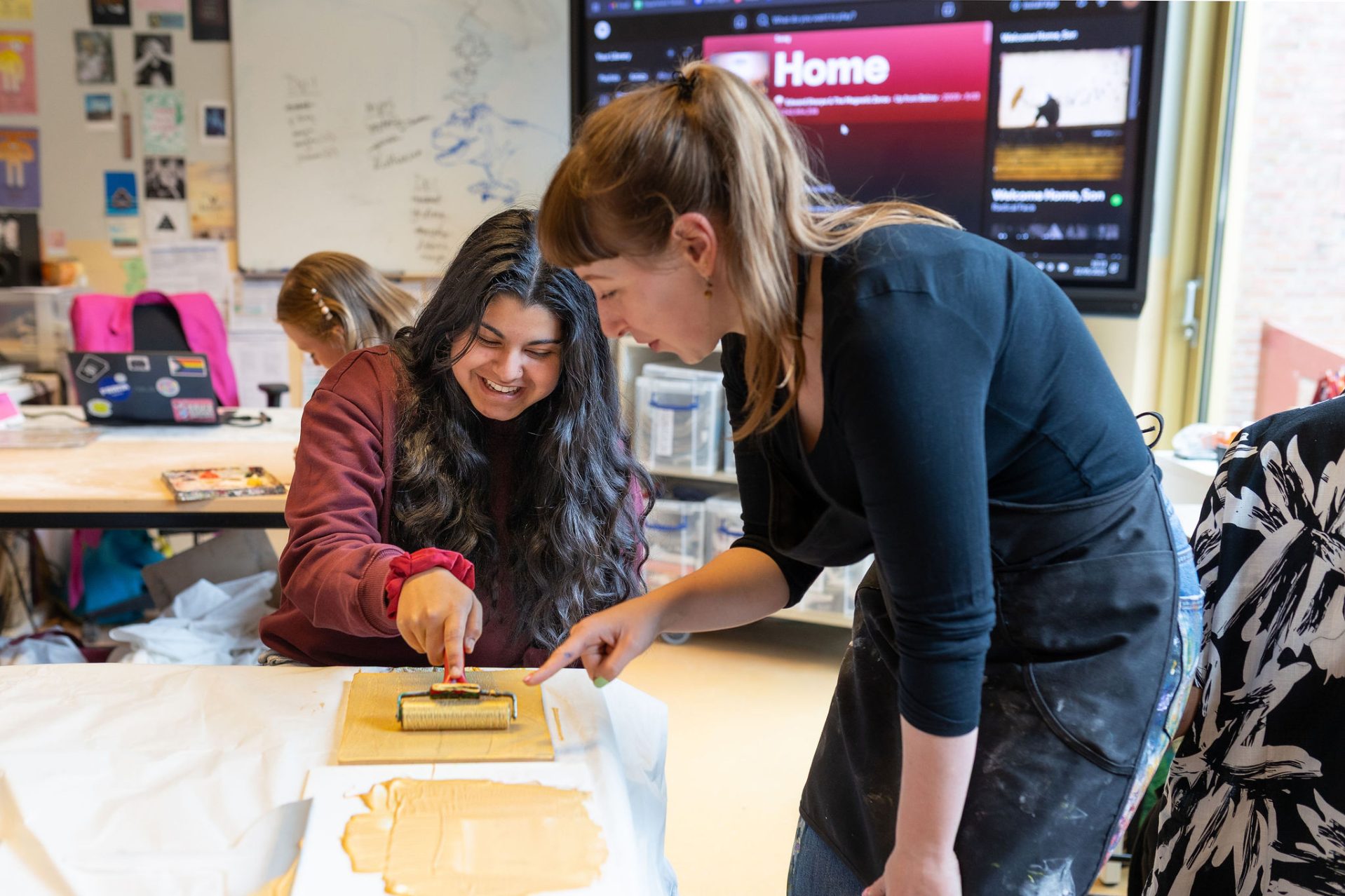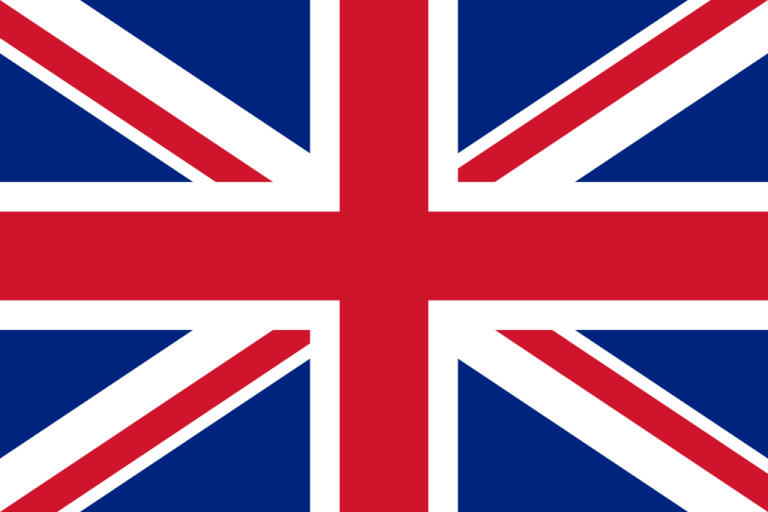
Quality Assurance
Schools work with a plan to improve the quality of their education. This school plan helps us to continue to provide education that satisfies all parties involved. Quality assurance is about the way in which the goals in the plan are achieved.
Development of education within the school
The ISE is accredited with the Council of International Schools. To be accredited with this organisation the ISE undertakes a self-study against international school standards every 5 years. The recommendations created during this self-study process provides the school with a set of key action points for improving all facets of the school including, most importantly, the quality of education we provide.
In addition, the ISE uses parent questionnaires and examines student assessment data regularly as a means to provide other recommendations for improvement. All of these data and recommendations are used to make improvement plans at school level. In particular we create a four year plan which is also driven by the mission and vision of the school.
Important developments that have resulted from our analysis of the above data and recommendations include: (i) the introduction of the TPO (Tweetalig Primair Onderwijs: Bilingual Primary Education) project in the Dutch Bilingual department, (ii) the creation and implementation of a policy plan for improving the performance of students, (iii) the creation and implementation of a policy plan for cultural education. In both the international and Dutch bilingual departments, we also focus on meeting the needs of advanced students.
To write and implement these policy plans, we have appointed a number of Curriculum Leaders. These are teachers who have been allocated hours to fulfill their curriculum roles and often have a supplementary education.
Quality policy SILFO
The SILFO 2022-2026 strategic vision has been formulated based on the four C’s, which shape the various services across the foundation: Caring, Connecting, Creating, Celebrating.
The four C’s are defined using a developed set of tools that include measurable, perceptible, and demonstrable quality data. These data are collected, shared, and evaluated in a cyclical process, which includes targeted research, follow-up questions on previously obtained data, gathering feedback, conducting evaluations, engaging in dialogues, and sharing stories. This aligns with the appreciation framework of the Dutch Education Inspectorate. The quality cycle is embedded in various ways within the foundation’s work methods.
Management Reports
The foundation has been working with educational quality reports at both foundation and site level since mid-2019. The reports are discussed quarterly with the programme boards, the control department, the quality department and the Executive Board. The content focuses on measurable, as well as noticeable and demonstrable quality results. Noticeable and demonstrable data are presented in the site portfolios. Measurable data from the educational quality reports come from the schools’ various student monitoring systems, testing systems and reflection systems, which track progress in students’ knowledge and skills. At the site level, continuous learning lines also ensure that education is in line with a continuous development process of students. The student and parent satisfaction survey, teaching quality at school level observations and the accreditation report by the Council of International Schools for the International School are also used to measure educational quality.
Quality Dashboard
Using a Quality Dashboard, that is being developed across all SILFO schools, based on a Quality Development Cycle running synchronously with the Control Cycle, the development of educational quality is monitored.
The Quality Dashboard visualises educational quality and will be visible to the board, management, staff and the Supervisory Board through location portfolios. The Quality Dashboard is being designed to be used to monitor the quality of education within the foundation, based on the established vision. It uses the requirements drawn up by the inspectorate by means of Critical Performance Indicators (KPIs) and indicators for noticeable and demonstrable quality, the so-called Critical Quality Indicators (KKIs) that are linked to the school plan objectives. The development is evaluated quarterly with school management and is adopted by the Executive Board. The Dashboard thus also works as a tool for risk analysis.
Quality Improvements
Agreements for quality improvement are drawn up and recorded quarterly on the basis of the management reports and the Quality Dashboard. School management, if necessary, perform further analysis at site level and/or adjust site targets, which are included in the Quality Dashboard. The process and the quality tools are evaluated annually, thus ensuring further quality development.
Accountability
The management reports and the quality dashboard are shared and discussed quarterly with the Supervisory Board. Additionally, the location portfolios are presented and discussed annually in a meeting with the Supervisory Board, the Executive Board, and the Joint Participation Council. Quality data are published in the Annual Report and on https://scholenopdekaart.nl/ (Dutch only).
Care for the relationship between school and the environment
Cultural Development
The cultural development of our students is considered very important. Projects are completed in cooperation with the library and the Centre for the Arts in Eindhoven. A Cultural Coordinator has been appointed to implement the development of cultural education. The aim is to develop intercultural and global awareness by embedding it in all aspects of our curriculum.
ECO schools
In January 2021, the ISE primary and secondary departments, together with the Kinderstad daycare centre and the facility company Vebego, started a project called “Eco schools”. Eco-Schools is a global program to encourage students to think and act in a more sustainable manner. Using seven steps, students consider the school environment and work on actions to make it more sustainable. Students for example can design projects for saving energy, reducing waste or cleaning up the school yard. The school has achieved the ‘Green Flag’, which is the international quality mark for sustainable schools.
Traffic education
We believe it is important that children learn to participate in traffic in a responsible and safe way. The children receive regular traffic lessons. We also regularly participate in traffic projects, including Reflection Week, and workshops at school to raise awareness for traffic safety, e.g. the blind spot of trucks. Pupils from group 7 in both departments take part in the theoretical and practical traffic exam. Children who do not pass the first time may try again in group 8.
Social workers
Primary school is an important period in a child’s life. Sometimes there can be concerns about the social-emotional development of children. Some children need extra attention due to problems at home or at school. Sometimes parents have educational questions or need more support at home. A school social worker can help with this. The ISE works together with the Lumens group from Eindhoven. They provide a social worker at our school.
Library
The school has its own library providing both fiction and nonfiction books in Dutch, English and a variety of home languages. Students from all classes can borrow books or request information for the various projects that they are studying. The library has multiple books in various languages.
Since the 2024/2025 school year, our school has been participating in the VATT project (Van Alle Talen Thuis). Van Alle Talen Thuis is an impulse program that offers children the opportunity to discover and embrace books in their home languages at school and childcare locations, because the power of home languages is the key to language development, strengthens Dutch language skills and enhances understanding between cultures.
A beautiful library has opened its doors at our new location on Jan Luikenstraat. In collaboration with the ISE library team and under the leadership of Rob Lindhout of Puur Sang, who also set up the library on the ISE campus and whose design of a library in Son en Breugel was voted the best library in the Netherlands, we ensure that our students continue to enjoy reading at our new location.
